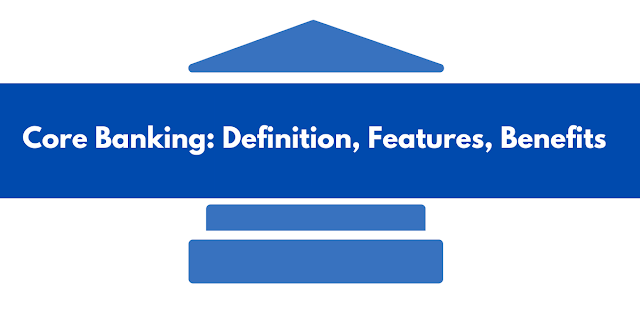Reasons why Laravel Is Better Than Other Frameworks
Ease of Use
Laravel's syntax is clean, expressive, and easy to understand, making it a popular choice for new developers. It comes with a vast range of built-in functionalities, such as authentication, caching, and routing, which reduces the need for writing repetitive code. Modular programming is well-supported by Laravel, which simplifies the process of building and managing large-scale applications.
Large Ecosystem
Laravel's ecosystem is vast and growing, with over 25,000 packages available through its package manager, Composer. This is one of the most amazing Laravel framework benefits. These packages provide ready-made solutions for common web development challenges, saving developers time and effort. Laravel's ecosystem also includes a large community of developers who contribute to its growth by developing and sharing packages, tutorials, and tools.
Object-Relational Mapping (ORM)
Laravel's ORM, Eloquent, simplifies database operations by allowing developers to work with databases through PHP objects. Eloquent provides an intuitive syntax for defining relationships between database tables, and it automatically generates SQL queries based on these relationships. By adopting this approach, the development and maintenance of database-driven applications can be made less time-consuming and effort-intensive.
Artisan Console
Laravel's command-line interface, Artisan, simplifies the development process by automating repetitive tasks, such as creating migrations, generating code, and running tests. Artisan's extensive command set includes over 40 commands, making it easy to perform common tasks without writing custom scripts.
Built-in Testing
Laravel's testing tools simplify the process of writing and running tests, making it easier to identify and fix issues before deploying code to production. Laravel's built-in testing tools include PHPUnit for unit testing, Laravel Dusk for browser testing, and Laravel Telescope for application monitoring.
Blade Templating Engine
Laravel's Blade templating engine simplifies the process of building user interfaces by allowing developers to create reusable components and layouts. Blade templates are easy to read and write, and they provide developers with a range of features, including conditional statements, loops, and template inheritance. Blade also supports caching, which improves the performance of web applications by reducing the time required to render pages. Overall, the Blade templating engine makes it easy to build responsive, modular, and maintainable user interfaces.
Conclusion
Laravel has evolved into a mature, robust framework that continues to gain popularity in 2023. Its ease of use, large ecosystem, ORM, Artisan console, and built-in testing make it an ideal choice for developing and maintaining web applications. You can hire Laravel developers to ensure you get the best possible advantages of Laravel for your application. With a vast community of developers and a growing number of packages and tools, Laravel is poised to remain a top choice for web development for years to come.Additional Read: 10 Best Python Framework for Web Development



Comments
Post a Comment